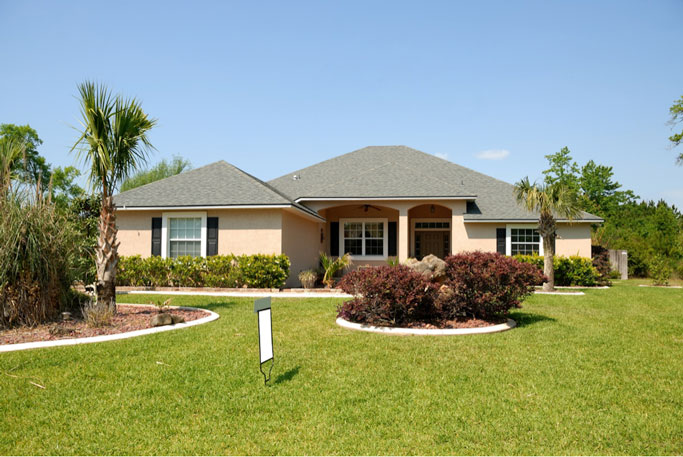-
Considering the price of available homes in many areas of the U.S., a fixer-upper is a great way for first-time homebuyers to break into the market. If you’re unsure of where to start, here are a few tips to get you ready for your first home.
What You Need to Do If You Buy a Fixer-Upper
Buying a Home
When buying a fixer-upper, you will face a number of uncertainties. Make sure you take into account the initial investment, mortgage, insurance, and expense of repairs and renovation. This will be an important gauge when judging an asking price. Before committing, inspect your desired home. Since you’re buying a property that’s in need of renovation, it is important to assess the structure, plumbing, and wiring as part of your budget projections. In the end, your vision may not be enough to justify a purchase if an inspection finds deficiencies too severe to remedy. In addition, make sure to extensively research permit and coding requirements, as the process can be lengthy.
Get Advice and Support
Purchasing a fixer-upper is a major investment. For example, the average listing price for a fixer-upper in Orlando, FL is $295,000. An Orlando real estate agent can help you get a deal that works for you. Look to hire an inspector to evaluate the home and identify any major flaws. An architect will be another valuable source of knowledge. They can aid you in honing your vision and give you guidance as to what will be feasible. Architects will have an extensive network and might be able to assemble a team of contractors. Having contractors is important as you start the process of renovation. Make sure to do extensive checks to ensure you assemble a team you can trust, with an emphasis on references and verifiable reviews. Research will help limit any risks and may help save you money. In addition to your team, it is prudent to consult with the homeowners’ association or neighbors to get a feel for the area and what upgrades are not acceptable.
Future Plans
Knowing what you will do with your new home is essential before starting. Will it be your forever home? Do you intend to renovate, then flip? Having a well-defined vision will help develop the scope of your investment and give you a clear direction. If this is going to be your home, give yourself more license when it comes to emphasizing your personality. However, if you plan to ultimately flip for a profit, you will have to stress neutrality to maximize its appeal. Avoid distinctive wall colors, and opt for enduring surfaces like hardwood flooring. If you plan to rent out the property, you should opt for additional precautions, like more resilient, and inexpensive, materials.
Repairs and Designs
When it comes to a fixer-upper, the priority has to be your home’s foundations: plumbing, wiring, walls, and ceiling. Address structure before you start to implement a grander design. This will ensure absolute safety and minimize hazards faced by you or your team. In the end, it may simply be more prudent to gradually restore rather than rip out pieces of your new property and adapt what you can to your vision. Renovations require numerous minor adjustments and decisions. Communication will be essential to ensure that the process is smooth and not disrupted by confusion and uncertainty. DIY repairs may be something you feel comfortable taking on yourself. You might be interested in replacing door knobs or patching up nicks or holes. Before taking on any personal projects, it is important to assemble the right sort of power tools, especially drills, sanders, and jigsaws, which will ensure your repairs are done correctly.
Overall, there is much to consider when venturing into the home market. If your aim is a fixer-upper, do your research, get the right team, and use the right tools. You’ll be well on your way to fulfilling your dreams of owning your own home.
Image Courtesy of Pixabay.com
(407) 901-5161
Orlando Property Enterprises | All rights reserved

